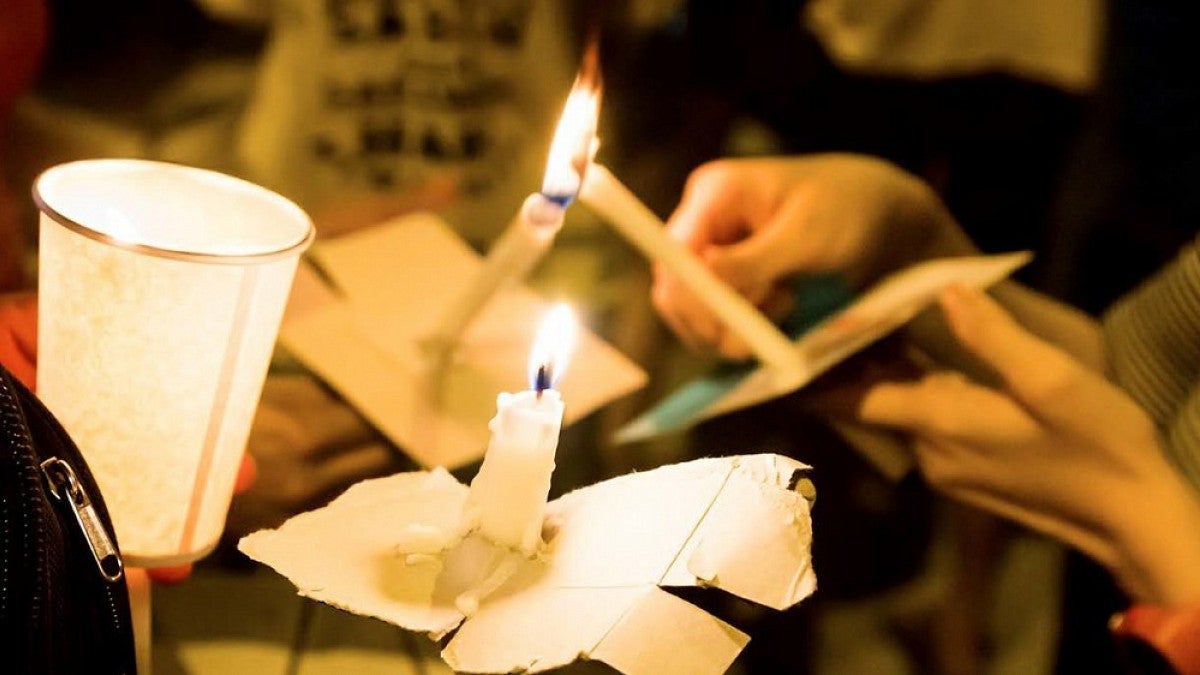London. Paris. Manchester. Barcelona. Orlando. Boston. Sandy Hook. Roseburg.
Incidents of mass violence have become horrifically routine, and the people and communities affected by these tragedies have increased seemingly exponentially in recent years. How to help individuals and even whole cities heal in the aftermath has vexed responders, emergency planners, and victim advocates, and is the focus of a national conference this week at the University of Oregon.
Leave No Victim Behind Part II, a sold-out Sept. 12-14 conference on mass violence incidents and underserved victims, pulls together more than 200 national and campus experts in emergency response and community support. It expands on a similar gathering held last year in California.
“We know from these incidents that planning and preparation is critical,” said UO Chief of Police Matt Carmichael, a lead organizer of both Leave No Victim Behind events. “Our challenge is to think about what victims and communities need in the days, weeks, months and years after a tragedy. There's a lasting need that goes beyond ambulances and police cars.”
This year’s event is co-sponsored by the University of Oregon Police Department, the California Victim Compensation Board, the Oregon Department of Justice and Social Sentinel.
The keynote speaker is Cathie Ong-Herrera, founder and CEO of the Betty Ann Ong Foundation, named for Cathie’s sister, who was a flight attendant on American Airlines Flight 11 on Sept. 11, 2001. Betty Ann Ong made a call to airline operations staff before the plane struck the World Trade Center, providing critical information leading to the closing of U.S. airspace and identifying hijackers. Cathie Ong-Herrera has inspired thousands speaking about her sister’s heroism and the lasting impact of the events of that day.
Conference speakers include Oregon Attorney General Ellen Rosenblum and responders to the 2016 Orlando nightclub shooting; the 2013 Boston Marathon bombing; the 2012 Sandy Hook school shooting in Newtown, Connecticut; the 2015 Charleston, South Carolina, church shooting; the 2012 Sikh temple shooting in Oak Creek, Wisconsin; and the 2014 University of California, Santa Barbara killings.
In addition, campus officials from institutions such as Virginia Tech, the UO and Umpqua Community College will discuss campus approaches to violence and effective responses to victims. The federal Office for Victims of Crime will share experiences with the Antiterrorism and Emergency Assistance Program. Attendees will learn tips on grant application, how to develop mass violence response toolkits and accessing federal resources.
Panels and speakers will highlight past responses to mass violence incidents, lessons learned and best practices. The schedule also includes a live tabletop exercise presented by the FBI, development and review of effective joint law enforcement and victim services response models, crisis response resources and an action plan for building partnerships and expertise.
The conference also features proactive and culturally diverse community policing practices and criminal justice partnerships that can provide police officers, victim advocates and district attorneys valuable information on how to better reach underserved community members, with an emphasis on ensuring all crime victims have access to local, state and federal resources.
The first two states to receive grants from the federal Antiterrorism and Emergency Assistance Program for 2017 are California, for the 2015 San Bernardino terrorist attack, and Oregon, for the 2015 Umpqua Community College shooting in Roseburg.
Learn more by visiting the conference website.
—By Kelly McIver, University Communications


